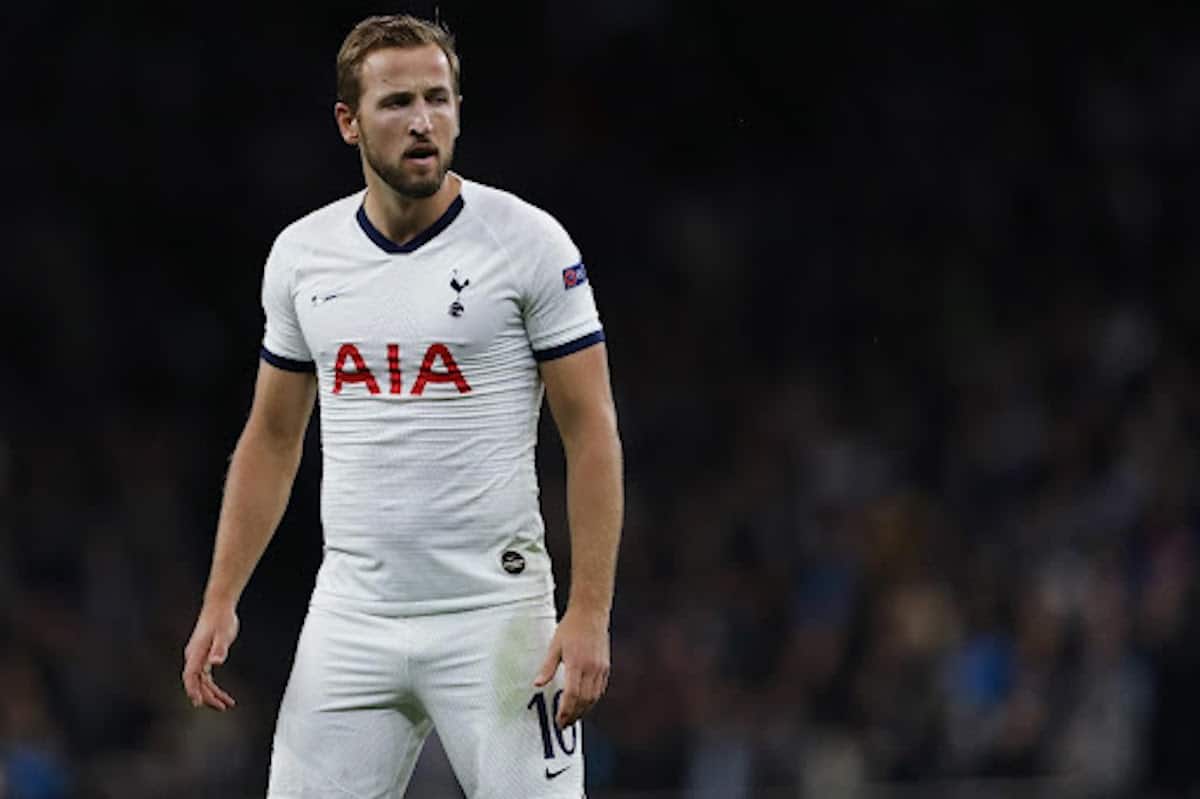Football happens in cycles. Players get old, coaches get stale. A key decision that club hierarchies have to make is when to build for the future, and when to focus on winning in the short term. When Tottenham appointed Antonio Conte, that signalled short-term thinking. Conte is this generation’s José Mourinho. Clubs appoint him to win in the here and now, and worry about the consequences later on.
Eyebrows were raised when Conte arrived in North London. Conte had won Serie A on four occasions, while also picking up a Premier League title during his time at Chelsea. There’s no doubt that Conte knows how to win. His teams are always well backed on sites like Betdaq, and the appeal for Spurs is obvious. After their disastrous start to the season under Nuno Espírito Santo, Tottenham needed someone with a track record of bringing about a quick upturn in a team’s fortunes.
However, it’s less clear what the draw is for Conte. The Italian is used to competing for league titles, but that doesn’t look a realistic outcome of his time at Tottenham, with Jürgen Klopp having renewed his deal at Liverpool. Whether or not Pep Guardiola also extends his contract, the chances are that Manchester City will continue to have too much financial firepower for Spurs to compete with.
Only once in his career has Conte stayed in a job for more than two years, during his stint at Juventus, which is now over a decade ago. Bearing that in mind, the Italian is unlikely to hang around in North London and look to build a dynasty. A good couple of years under Conte is likely to involve challenging Chelsea for third place, and pulling away from Arsenal and Manchester United in the league table.
Tottenham have a number of players in the peak years of their careers, many of whom are regular starters for the Lilywhites. Hugo Lloris is 35 years old, and is an ever-present for Spurs in the league, but the goalkeeper is heading into the twilight of his career.
Talismanic striker Harry Kane is 28, and will turn 29 this summer. No outfield player has featured more than him in Tottenham’s league campaign. The four players with the next most minutes played for Tottenham are Pierre-Emile Højbjerg, Eric Dier, Heung-Min Son, and Ben Davies. Of these, Højbjerg is the youngest, he turns 27 this year. Son will turn 30 this summer, Eric Dier is 28, and Ben Davies recently turned 29.
Clearly, the core of Tottenham’s team does not have much longer together. Even if these players remain at the club beyond the next couple of years, they will not be able to start every game into their thirties. Bearing that in mind, Tottenham run the risk of serving two masters. On the one hand, they have a core group of players who deserve one last hurrah under Conte. On the other hand, the age profile of their regular starters, and the typically short-term nature of Conte’s employment means that the decision makers at the club are obliged to think longer term.
Spurs, it seems, may be attempting both. While they aren’t dismantling their experienced core to build the foundations of a young side, they’ve added a youthful edge to the side. It’s likely that next season, Dejan Kulusevski, Rodrigo Bentancur, and Sergio Romero will feature as regularly as anyone else for the Lilywhites. Conte has done an admirable job of incorporating the trio into his team, while Ryan Sessegnon looks to be another young option with potentially more minutes in his future.
If Tottenham can back this up with further recruitment, another defender to take minutes from Davies and Dier, for example, they may accomplish short-term success under Conte while also managing a wider squad restructure for the longer term.
It won’t be plain sailing for Spurs. Finding a centre forward who can replace Harry Kane, and form a relationship with Kulusevski similar to the relationship between Kane and Son, will be a major task. Finding a replacement to Lloris will also be a challenge, and the right balance between youth and experience will be key for a seamless transition from the old guard to the new younger side.
Whichever path they take, the Lilywhites have a big summer of recruitment ahead of them. Transitioning a squad from an old core to a youthful team, without sacrificing short-term success, is a tricky task. It requires confident decision making, a strong scouting network, and a good degree of luck. If they play their cards right, Tottenham may just manage it.


